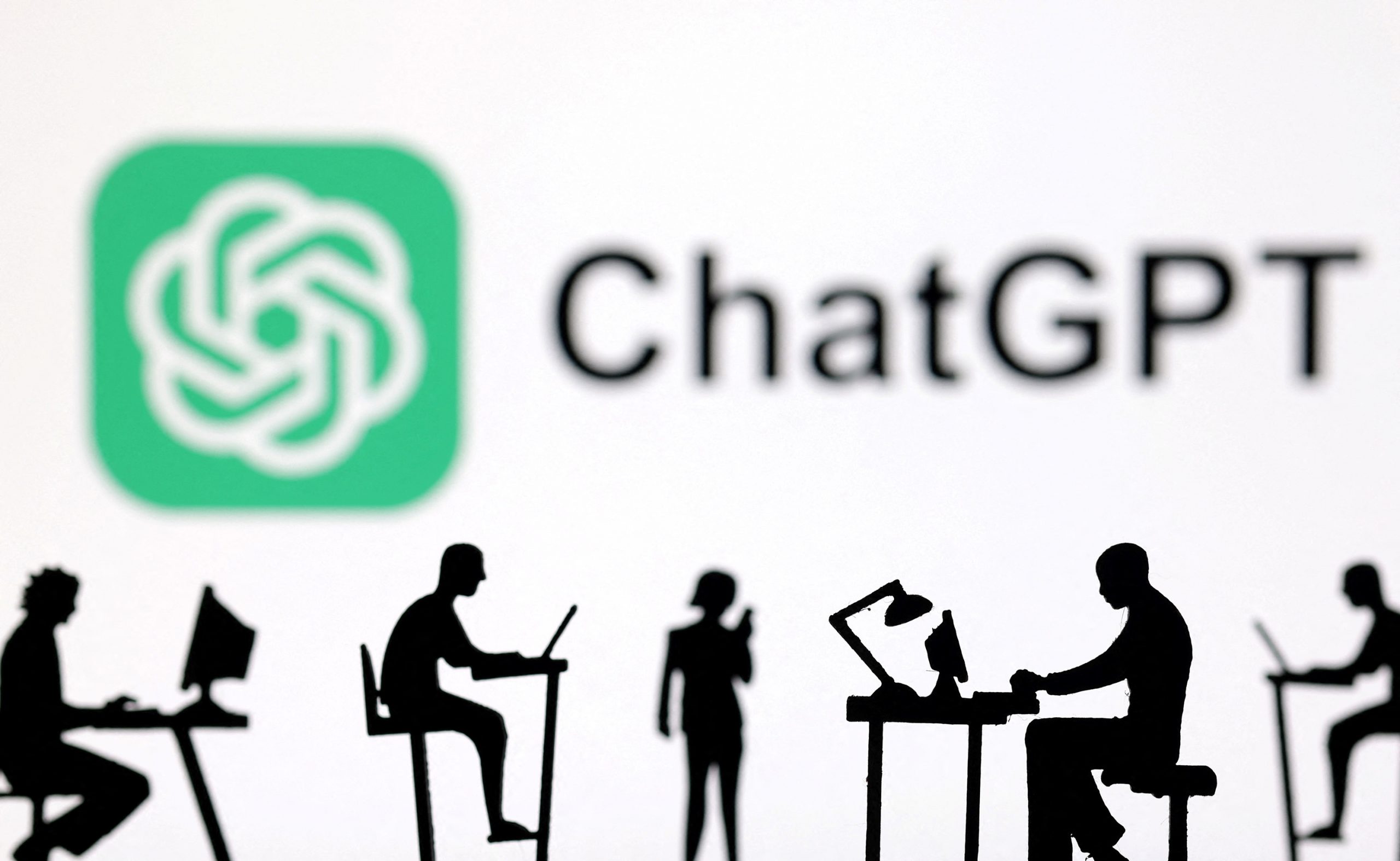Venture-capital firm Thrive Capital is leading the round and will invest about $1 billion, according to people familiar with the matter. Microsoft is also expected to put in money.
The new funding round would be the biggest infusion of outside capital into OpenAI since Microsoft invested around $10 billion in January 2023. Since then, an arms race has developed in Silicon Valley to build the most advanced artificial-intelligence systems in an effort to dominate an industry many say will revolutionize the economy.
OpenAI was last valued at $86 billion late last year, when employees sold existing shares.
Thrive, a New York-based firm founded 15 years ago by Josh Kushner , already has a close relationship with OpenAI and its chief executive, Sam Altman . It has put several hundred million dollars into the startup since last year.
It couldn’t be determined what other investors are participating in the new funding round.
Competition in the AI space is fierce. Google offers its own AI product and has, together with Amazon , put $6 billion into Anthropic , a competitor started by former OpenAI executives. Meta Platforms has developed its own AI model that it is releasing free of charge and is integrating into its apps , including Facebook and Instagram.
ChatGPT remains the market leader and has hundreds of millions of monthly users.
Maintaining that position will require billions in spending by OpenAI to stay on the cutting edge of research and continue developing products that can understand natural language commands and generate sophisticated text, images and video.
Pricey private sale
In recent weeks, one or more current OpenAI stockholders have been negotiating to sell their shares at a price that would value the company at $103 billion, according to documents viewed by The Wall Street Journal.
Any new investors would likely value OpenAI around that price or higher, not including the additional money raised.
Raising prodigious amounts of capital is critical for Altman’s goal to create artificial general intelligence, which his company defines as autonomous systems that can outperform humans at most economically viable tasks. Such technological leaps require huge volumes of data processed in warehouses of supercomputers outfitted with expensive, power-hungry chips. OpenAI spent more than $100 million to build GPT-4, its most powerful AI model to date. It is currently working on its next model, which is expected to cost more.
Backers are betting AI will upend the way people and companies work and create. For now, though, AI is a speculative business that isn’t generating nearly as much revenue as investors and tech companies are putting into it. Earlier this year, OpenAI’s revenue was $3.4 billion on an annualized basis, according to a person familiar with the matter. The Information earlier reported on OpenAI’s revenue.
Evolving Microsoft relationship
Investors don’t technically own equity in OpenAI, which is a nonprofit. They instead put money in a for-profit subsidiary and are entitled to a share of that entity’s profits.
Microsoft currently has a 49% share of OpenAI’s profit after pumping $13 billion into the startup since 2019. Some of that money has flowed back to Microsoft, as OpenAI has hosted its technology on the tech giant’s Azure cloud platform.
The fact that Microsoft is likely to continue investing in OpenAI indicates their relationship remains important to the two companies, even as both are increasingly competing with each other and forming new partnerships.
Microsoft in July relinquished its position as a nonvoting member on OpenAI’s board, partly as a gesture to regulators scrutinizing their relationship. It also recently added OpenAI to its list of competitors in AI and search in a regulatory filing.
Earlier this year, Microsoft hired the CEO and much of the team at Inflection AI, an OpenAI rival, to develop AI tools for consumers. Microsoft CEO Satya Nadella has been spreading his AI bets to a broad collection of startups. OpenAI, meanwhile, is working with Apple to power new AI features for the next generation of iPhones.
Write to Tom Dotan at tom.dotan@wsj.com and Berber Jin at berber.jin@wsj.com



